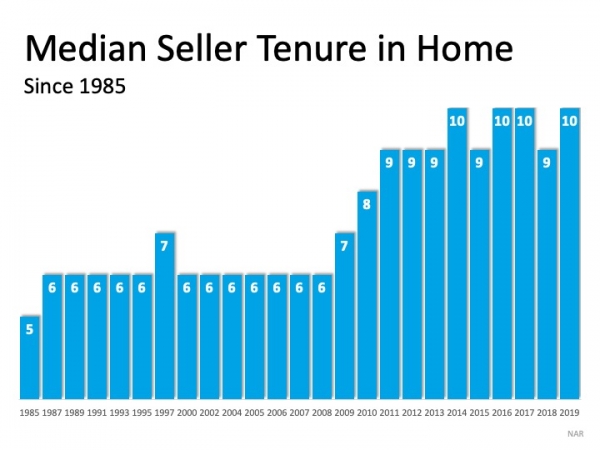
“Being mindful of these three things and prepared for the process can help you avoid some of the most common mishaps when selling your house.”
It’s exciting to put a house on the market and to think about making new memories in new spaces, but we can have deep sentimental attachments to the homes we’re leaving behind, too. Growing emotions can help or hinder a sale, depending on how we manage them.
When it comes to the bottom line, homeowners need to know what it takes to avoid costly mistakes. Being mindful of these things and prepared for the process can help you avoid some of the most common mishaps when selling your house.
1. Overpricing Your Home
When inventory is low, like it is in the current market, it’s common to think buyers will pay whatever we ask for when we price our homes. Believe it or not, that’s far from the truth. Don’t forget that the buyer’s bank will send an appraisal to determine the fair value for your home. The bank will not lend more than what the house is worth, so be mindful that you might need to renegotiate the price after the appraisal. A real estate professional will help you to set the true value of your home.
2. Letting Your Emotions Interfere with the Sale
Today, most homeowners have been living in their houses for an average of 10 years (as shown in the graph below): This is several years longer than what used to be the norm, since many homeowners have been recouping from negative equity situations over the past 10 years. The side effect, however, is when you live for so long in one place, you may get even more emotionally attached to your space. If it’s the first home you bought after you got married or the house where your children grew up, it very likely means something extra special to you. Every room has memories and it’s hard to detach from the sentimental value.
This is several years longer than what used to be the norm, since many homeowners have been recouping from negative equity situations over the past 10 years. The side effect, however, is when you live for so long in one place, you may get even more emotionally attached to your space. If it’s the first home you bought after you got married or the house where your children grew up, it very likely means something extra special to you. Every room has memories and it’s hard to detach from the sentimental value.
For some homeowners, that makes it even harder to negotiate, separating the emotional value of the home from the fair market price. That’s why you need a real estate professional to help you with the negotiations in the process.
3. Not Staging Your Home
We’re generally quite proud of our décor and how we’ve customized our houses to make them our own personalized homes, but not all buyers will feel the same way about your design. That’s why it’s so important to make sure you stage your home with the buyer in mind. Buyers want to envision themselves in the space, so it truly feels like their own. They need to see themselves in the space with their furniture and keepsakes – not your pictures and decorations. Stage and declutter your home so they can visualize their own dreams as they walk through your house. A real estate professional can help you with tips to get your home ready to stage and sell.
Bottom Line
Today’s seller’s market might be your best chance to make a move. If you’re considering selling your house, let’s get together to help you navigate through the process while avoiding common seller mistakes.
To view original article, visit Keeping Current Matters.
How To Prep Your House for Sale This Fall
Taking the time upfront to prep your house appropriately and create a solid plan can help bring in the greatest return on your investment.
If You’re Thinking of Selling Your House This Fall, Hire a Pro
A trusted real estate advisor will keep you updated and help you make the best decisions based on current market trends.
The True Strength of Homeowners Today
Home equity allows homeowners to be in control. This is yet another reason we won’t see the housing market crash like we saw in 2008 when many owed more on their homes than they were worth.
Top Reasons Homeowners Are Selling Their Houses Right Now
If you find yourself wanting space, or amenities your current home just can’t provide, it may be time to consider listing your house for sale.
Watching the Stock Market? Check the Value of Your Home for Good News.
While equity helps increase your overall net worth, it can also help you achieve other goals like buying your next home
Will My House Still Sell in Today’s Market?
The key to selling in a changing market is understanding where the housing market is now.





